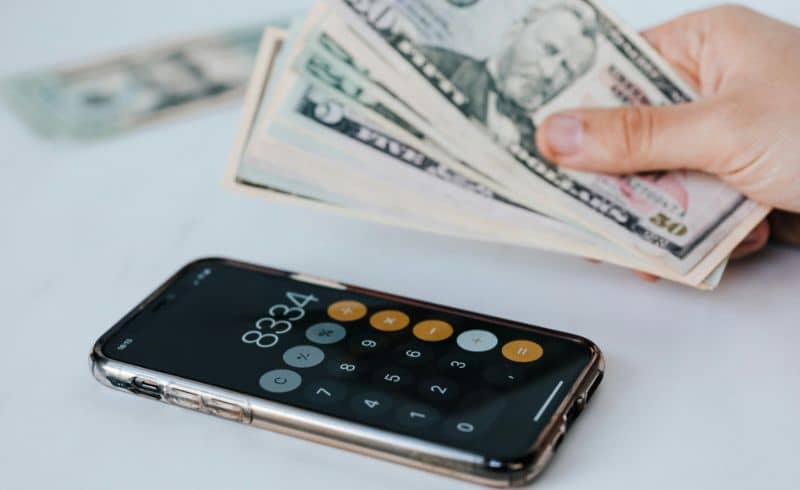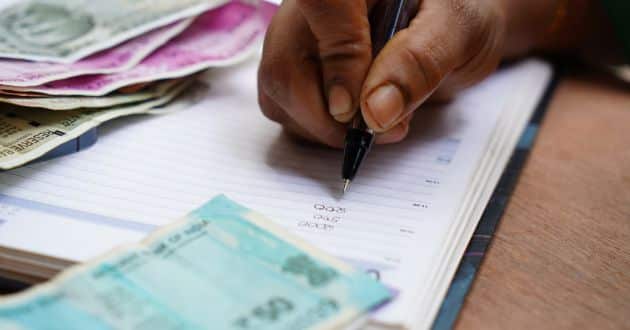In today’s fast-paced world, managing personal finances can be challenging, and debt can quickly accumulate. However, with the right strategies, you can reduce your personal debt swiftly and effectively. This article will guide you through various strategies for reducing personal debt quickly, offering actionable steps to help you regain financial stability.
Understanding Personal Debt

What Is Personal Debt?
Personal debt refers to any money borrowed by an individual that is owed to lenders, such as credit card companies, banks, or other financial institutions. This can include credit card debt, student loans, mortgages, car loans, and personal loans.
The Impact of Personal Debt
Carrying personal debt can significantly impact your financial health, leading to stress and limiting your ability to save or invest. Understanding the nature and implications of your debt is the first step towards reducing it.
Effective Strategies for Reducing Personal Debt Quickly
Create a Detailed Budget
One of the most important strategies for reducing personal debt quickly is to create a comprehensive budget. Track all your income and expenses to identify areas where you can cut back. Allocate a specific amount towards debt repayment each month and stick to it.
Prioritize High-Interest Debt
Focus on paying off high-interest debt first, such as credit card balances. This strategy, known as the avalanche method, helps you save money on interest payments and reduces the total amount of debt faster.
Consider Debt Consolidation
Debt consolidation involves combining multiple debts into a single loan with a lower interest rate. This simplifies your payments and can significantly reduce the amount of interest you pay over time.
Negotiate With Creditors
Contact your creditors to negotiate lower interest rates or more favorable repayment terms. Many creditors are willing to work with you if they know you’re committed to paying off your debt.
Increase Your Income
Finding ways to increase your income can accelerate your debt repayment. Consider taking on a part-time job, freelancing, or selling items you no longer need. Extra income can be directed entirely towards reducing your debt.
Use Windfalls Wisely
If you receive unexpected money, such as a tax refund or bonus, use it to pay down your debt instead of spending it on non-essential items. This can make a significant dent in your overall debt.
Optimize Your Debt Repayment Plan with Financial Calculators
To effectively manage and accelerate your debt repayment, utilizing online financial calculators can be immensely beneficial. These tools help you visualize the impact of different repayment strategies, such as the snowball or avalanche methods, on your overall debt timeline. For a comprehensive selection of financial calculators that can assist you in planning your debt-free journey, you might want to check out Bankrate’s Debt Management Calculators. These resources can provide you with the necessary insights to optimize your repayment plans and achieve financial freedom sooner.
Lifestyle Changes to Support Debt Reduction
Cut Unnecessary Expenses
Evaluate your spending habits and cut out non-essential expenses. Simple changes, such as dining out less or canceling unused subscriptions, can free up more money for debt repayment.
Adopt a Frugal Lifestyle
Living frugally doesn’t mean sacrificing your quality of life. Look for ways to save on everyday expenses, such as using coupons, shopping sales, or finding free entertainment options.
Automate Your Savings
Set up automatic transfers to a savings account dedicated to debt repayment. This ensures that you consistently allocate money towards paying off your debt without having to think about it.
Financial Tools and Resources
Use Budgeting Apps
There are many budgeting apps available that can help you track your expenses, set savings goals, and manage your debt. These tools can provide valuable insights and keep you on track.
Seek Professional Advice
Consider consulting with a financial advisor or debt counselor. They can offer personalized advice and strategies tailored to your financial situation. For those interested in long-term financial planning, you might explore financial planning strategies for retirement.
Staying Motivated on Your Debt-Free Journey
Set Achievable Goals
Break down your debt repayment into smaller, manageable goals. Celebrate each milestone to stay motivated and maintain momentum.
Join Support Groups
Connect with others who are also working to reduce their debt. Online forums and local support groups can offer encouragement, tips, and accountability.
Visualize Your Progress
Create a visual representation of your debt reduction progress, such as a chart or graph. Seeing your progress can be a powerful motivator to keep going.
FAQs
What is the fastest way to reduce personal debt?
The fastest way to reduce personal debt is to focus on paying off high-interest debt first while cutting unnecessary expenses and increasing your income.
Can debt consolidation help in reducing personal debt quickly?
Yes, debt consolidation can simplify your payments and reduce the amount of interest you pay, making it easier to pay off your debt faster.
How can I negotiate with creditors to reduce my debt?
Contact your creditors directly and explain your situation. They may be willing to lower your interest rates or offer more favorable repayment terms.
Is it possible to reduce debt without increasing income?
Yes, by creating a detailed budget, cutting unnecessary expenses, and prioritizing high-interest debt, you can make significant progress in reducing your debt.
What role do budgeting apps play in debt reduction?
Budgeting apps can help you track your expenses, set savings goals, and manage your debt, providing valuable insights and keeping you on track.
How can I stay motivated while paying off debt?
Setting achievable goals, joining support groups, and visualizing your progress can help you stay motivated on your debt-free journey.
Is it better to focus on paying off smaller debts first or tackling higher interest rates?
Focusing on higher interest rates (avalanche method) generally saves more money in the long run, but paying off smaller debts first (snowball method) can provide motivational wins that encourage you to keep going.
Can refinancing my mortgage help reduce my overall personal debt?
Refinancing your mortgage can help reduce your overall personal debt if it results in a lower interest rate or shorter loan term, allowing you to allocate more funds toward paying off other debts. However, it’s important to consider closing costs and the total term of the new mortgage to ensure it truly benefits your financial situation.
Conclusion
Reducing personal debt quickly requires a strategic approach and a commitment to financial discipline. By implementing the strategies outlined in this article, you can take control of your finances and work towards a debt-free future.



